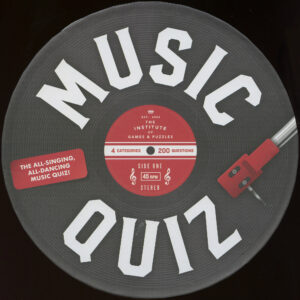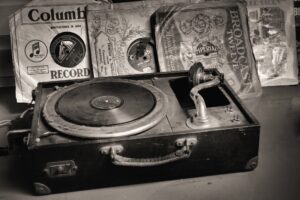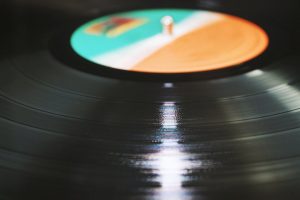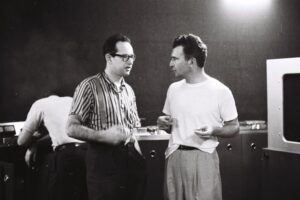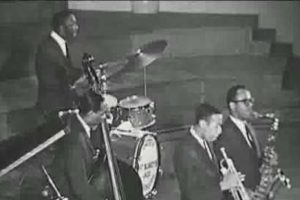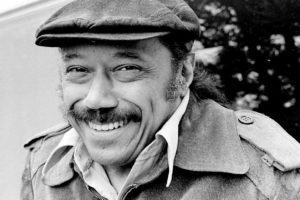It is impossible to listen to Save the Bones for Henry Jones (above) — especially as delivered by Reggie Houston — without smiling at this gentle teasing of vegetarians. This is how it starts:
Today we’ll have a party.
We’ll eat some food that’s rare.
And at the head of the table,
We’re going to place brother Henry’s chair.
Invite all the local big dogs,
We’re gonna laugh, gonna talk and eat.
We’re gonna to save the bones for Henry Jones,
You see Henry, he don’t eat no meat.
For what essentially is a novelty, the song has an impressive resume. It was written by Johnny Mercer and performed by The Pointer Sisters and Nat King Cole. Here is a very different but also great version sung by Cole and Mercer. The first time I heard it, I believe it was sung by Lou Rawls, Ray Charles and perhaps a third star.
Here is the start of Houston’s Wikipedia Bio:
Houston was born in New Orleans, Louisiana to Ralph Houston, a pianist and acoustic bassist, and Margarete Houston, who was both an educator and social activist. At the age of 10 Reggie Houston began studying the saxophone. His first professional gig came at the age of 12 when he joined the Batiste family band, The Gladiators, widely considered to be one of the pioneering bands of funk.
Houston continued to perform with The Gladiators throughout high school and while home on holiday from his undergraduate studies at Southern University and Xavier University University of Louisiana. Although performing jazz, blues and funk throughout New Orleans during this time, it was forbidden to practice these musical styles in any African American university in the United States. (Continue Reading…)
Below, Houston plays the old and interesting song The Sheik of Araby. I find anything to do with Rudolph Valentino a bit weird.

